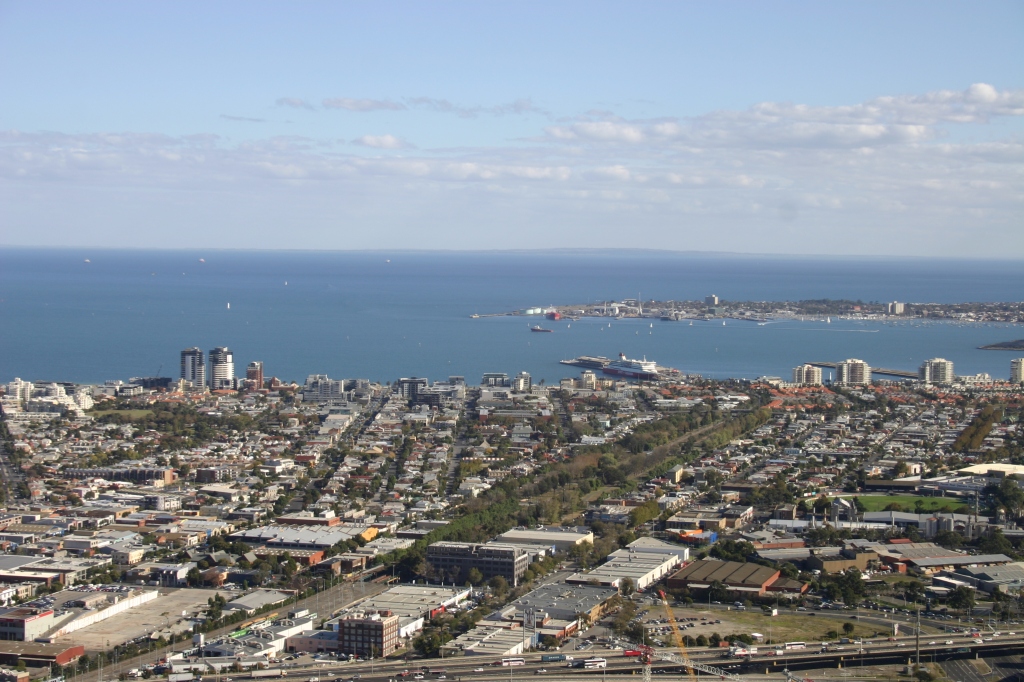Port Phillip Bay is home to multiple formal and informal institutions across a variety of scales. Government stakeholders (Table 11) operate on larger scales and have a greater level of resources. Decisions on this scale tend to be more long term and reactionary. Formal institutions take time to set up studies and then implement their findings. The levels of influence they wield politically and financially are unmatched and have the ability to communicate their message over a large proportion of the population. This is important for shifting social attitudes and is effective at dealing with larger scale pulse events that shock a system such as a forest fire or toxic spill.
Social capacity is the ability for individuals and communities to respond to disturbances. Informal organisations and relationships act a scale closer to the system components that control as systems resilience, than the larger formal institutions. Systems can achieve good social capacity through self-organising communities. Networks and infrastructure developed from the ground up is evidence of social capacity. Port Phillip Bay has a range of informal groupings that work in order to maintain the system and react to shocks and on-going pressures (Table 12).
|
Organisation |
Website |
|
Bay Vigil |
|
|
Operation Quarantine |
|
|
Bad Developers Green |
|
|
Reef Watch Victoria |
|
|
Marvellous Melbourne |
|
|
Port Phillip Conservation Council Inc. |
Above: Table 12: Informal local environmental groups within Port Phillip Bay
Adaptive management needs both the large scale formal institutions and the smaller scale informal communities in order to promote resilience. Learning from each group is vital to ensure that a more holistic view is taken. Local knowledge is frequently overlooked; however it is the smaller communities that often feel the effects of system change before formal institutions. Further complete knowledge of a system can never be achieved and community understanding can be more important than any long term study.
Learning and reassessment has been a part of the Port Phillip Bay system. In the late 1800s, sewage was openly dumped into the bay believing that it was an effective method of treatment. When the effects began to surface and the health of the population deteriorated, sewage works were constructed to treat the sewage. The population had learned from their mistake and made a change to prevent it from happening again.
The adaptive cycle will influence management decisions. For managers periods of collapse and reorganisation are the optimal times to influence the system. Interventions become increasingly difficult as a system grows and enters the conservation phase. Resilience is greatest when connectedness is low. This occurs where capital accumulation is at its greatest. Development loop interventions are indicative of physical interventions and policies that shape future behaviour as the system grows. In conservation phases, the emphasis is more on education and attitudinal shifts. Major works will be undertaken to try to mitigate the damage that is occurring rather than trying to remove the initial disturbance.
To achieve adaptive capacity there may be a need to restructure and assess the policies of cross scale institutions. Institutions need to be able to assess the advantages and negatives of crossing any given set of thresholds. The key is not to theorise an exhaustive list of points where the system may alter, but to be able to assess thresholds as they are identified. Prioritising which thresholds to intervene over will require stakeholder input and the necessary access rights to be acquired.
Previous: Management and Government
Next: A Systems Approach to Port Phillip Bay
If you have found any of my essays helpful or interesting please consider making a donation here. Thank you and hope you have enjoyed my writing.

Leave a comment